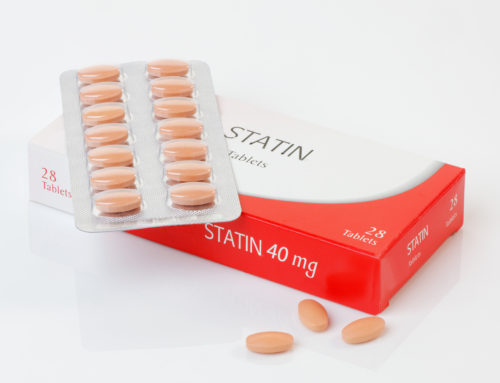Researchers have found that an existing diabetes drug can be used to halt progression of another disease that is a leading cause of liver transplants.
A three-year clinical trial led by University of Florida Health Researcher Kenneth Cusi, MD, found that the drug pioglitazone is safe and effective in certain patients who have nonalcoholic steatohepatitis, or NASH, a chronic liver disease caused by a buildup of fat.
The findings are published in the journal Annals of Internal Medicine.
NASH is often known as a ‘silent’ liver disease and affects 10 to 20 per cent of the population and perhaps as many as one-third of all patients with adult-onset diabetes in the United States, according to recent studies.
Left unchecked, NASH can cause chronic inflammation that leads to liver cancer or cirrhosis. NASH is now the second-leading cause of liver transplants and the numbers continue to grow each year, said Cusi, Chief of the Division of Endocrinology, Diabetes And Metabolism in the UF College of Medicine’s department of medicine.
The research group’s single-centre clinical trial involving 101 NASH patients with prediabetes or Type 2 diabetes found that pioglitazone reduced fatty liver disease activity in 58 per cent of participants. In just more than half the participants — 51 per cent — the disease was reduced enough that it was no longer considered a threat to the liver.
‘The exciting thing is that there is a generic drug that already prevents the onset of Type 2 diabetes and cardiovascular disease in recent studies. Now, it can reduce disease from excess liver fat accumulation and liver inflammation, and halt fibrosis that leads to cirrhosis. This will have a lot of long-term benefits for many people with a medication that will be very affordable and is already being used to treat Type 2 diabetes,’ Cusi said.







